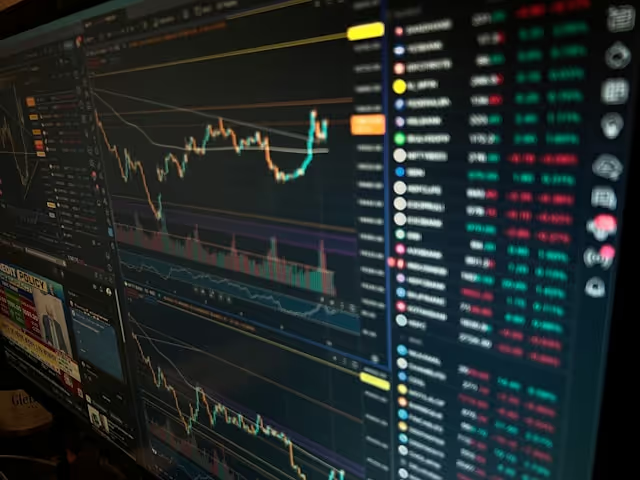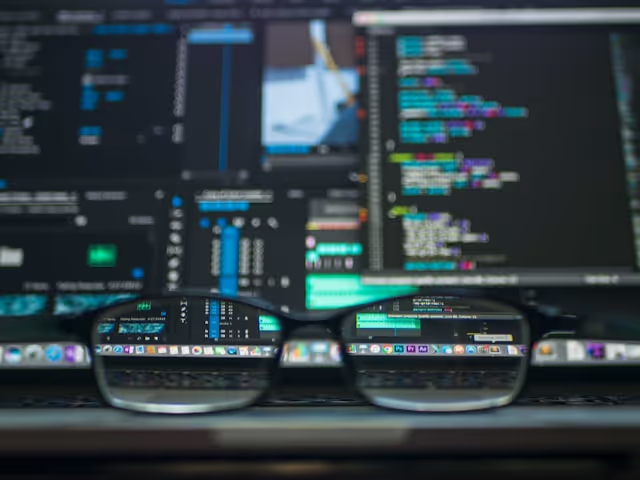Global Supply, Local Accountability
The food and consumer goods industry operates across complex international supply chains, with exposure to environmental, health, labor, and marketing risks.Regulatory scrutiny is increasing, especially regarding product traceability, greenwashing, and the working conditions of subcontracted labor.
Key Risks
Food Safety & Contamination
In2022, Nestlé faced investigations in France after traces of E. coli were found in its frozen pizza line. The case reignited debates over HACCP protocols, supply chain audits, and consumer right to information.

.avif)
Green washing in Food Labeling
Several brands, including Danone and Carrefour, were warned by the French DGCCRF for using ambiguous eco-labels like “natural,” “carbon neutral,” or “green product,” without scientific substantiation.
Labor Conditions in Agriculture
In2020, Lidl and other supermarket chains were accused of indirectly benefiting from illegal labor practices in Italian and Spanish agricultural sectors—especially through subcontracted tomato and citrus suppliers.
.avif)

Marketing to Children & Health Claims
Nutri-score controversies, WHO sugar guidelines, and national bans on junk food advertising(e.g., in the UK) show increasing pressure to regulate how food is promoted to minors and families.
Navigating Non-Financial Risks in the Beverage & Food Industry

Supply Chain Due Diligence
Under France’s Duty of Vigilance Law and Germany’s Supply Chain Act, retailers must ensure respect for human rights and environmental standards across global suppliers.

Digital Food Traceability
Technologies like blockchain and QR codes enable real-time transparency on product origin, ingredients, and sustainability certifications.

ESG Investment Pressure
Food companies are under scrutiny by ESG investors to demonstrate climate risk management, animal welfare policies, and sustainable packaging.
What This Means for Your Business:
You are accountable not only for what you sell — but for how it’s sourced, produced, and labeled.
Ambiguous claims or opaque supply chains can lead to regulator fines and reputational damage.
ESG integration is now required by investors, regulators, and retailers alike.

Sources
French DGCCRF, “Greenwashing Investigations,” 2022
WHO Guidelines on Sugar Intake, 2021
Nestlé France E. coli Case, Le Monde, 2022
European Commission, Sustainable Food Systems Framework, 2023
France’sDuty of Vigilance Law 2017, German Lieferkettengesetz, 2023

